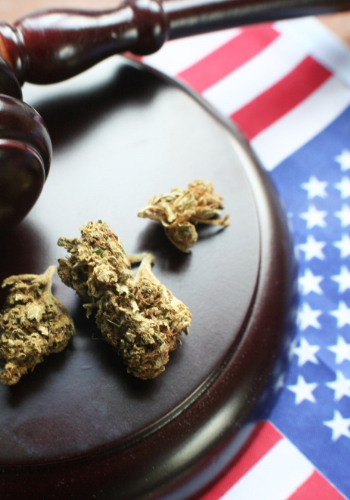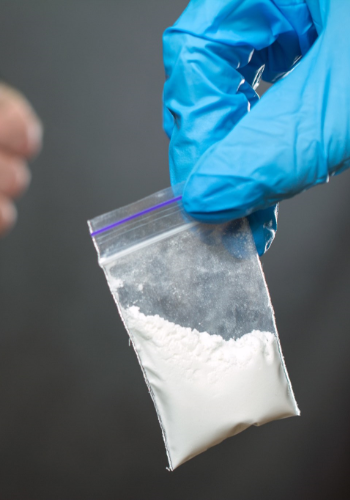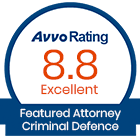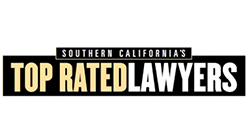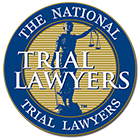The Effects of Prop 47: Positive or Negative?
Last year, California approved Prop 47, the “Safe Neighborhoods and Schools Act”. As the realistic ramifications of the vote unfold, Californians begin to disagree whether the results are positive or negative. The positive intentions backing the legislation appealed heavily to voter’s sense of social justice and compassion. Perceived issues within the court system led to overcrowded jails, sentences not matching the crime, and mental health and drug rehabilitation going unaddressed.

In the past, an individual charged with minor crimes such as drug possession, could be charged with a felony. The intent being to shift from “warehousing” people, to providing proper care and addressing their individual needs. In part, this arose from the startling statistics surrounding state incarceration- one in four state prisoners has mental health problems; on average one suicide is committed every 11 days in state prison; children of mothers arrested for felony are five times more likely to be put into foster homes than those who have mothers just charged for a misdemeanor.
Beyond this, a felony charge stains one’s record for life-making it near to impossible to successfully find employment, adopt children, or live even close to the average American’s quality of life. Ideally, the funds saved through less internment would be put toward providing the mental health care and drug rehabilitation so desperately needed within these systems. Prop 47 labels six non-violent, non-serious crimes as misdemeanors: forgery for less than $950, check fraud for less than $950, shoplifting goods worth less than $950, having drugs for personal use, petty theft for less than $950, and receiving stolen property of less than $950.
The majority of voters agreed that this was the best course of action; but as effects of Prop 47 manifest, some-even past supporters-begin to doubt the effectiveness of the law, and even see it as more harmful than helpful. The unintended effects of Prop 47 have become apparent to law enforcement especially. In San Diego, for example, the homeless population has gone up twenty-four percent; as the number of occupied beds in jails is lowered each night, the beds made on the streets rise.
One such case has involved a man, Rabenberg, addicted to meth, wandering, and arrested an exorbitant number of times for possession. In the past, many cases were labeled as “wobblers”-minor offenses that could be either a misdemeanor or felony, often ultimately decided by examination of past offenses. If the charges showed a pattern, courts usually took the opportunity to leverage offenders into rehabilitation programs, or jail for an extended period of time. Now, with Prop 47, individuals, such as Rabenberg, have the opportunity to walk away from arrest with no more than a misdemeanor charge. Though encouraged to seek help for his addiction, Rabenberg, thought arrested repeatedly, comes away with no lasting consequences.
Such cases have been termed as “frequent fliers”. Law enforcement personnel becomes increasingly frustrated with wasting resources on repeat offenders, who exhibit no change in behaviors or motivation to seek help.
In addition, property crime rates have risen 10.9% in Los Angeles; violent crimes have soared an astounding 20.6%. A valuable weapon in fighting sexual assault crimes has been stripped away as well: possession of date-rape drugs also becomes a misdemeanor crime. The combination of rising crime rate, loss of leverage in court-mandated drug rehabilitation, and uneconomical expenditure on “frequent fliers” stirs dissent within the California courts and law enforcement.
Yet, many still call for California to be patient as they await the positive effects of Prop 47. The rising crime rates cannot be necessarily tied to Proposition 47 directly, and the funds saved from lowered incarceration rates are supposed to begin working through the system in 2016. Did California make the right choice in passing Proposition 47?
Have you been charged with a felony that should be reclassified as a misdemeanor? Call Glew & Kim Law Offices today at 714-713-4525 for a free case review.
This is not an attorney-client communication, and as such no advice is being offered in this article. Any and all communications related to the Glew & Kim Law website should be deemed and considered advertisement. This article is purely opinion, and the basis of this and any opinion was formed subject to the reporting by the actual news agencies, the information from which was used as source material.

